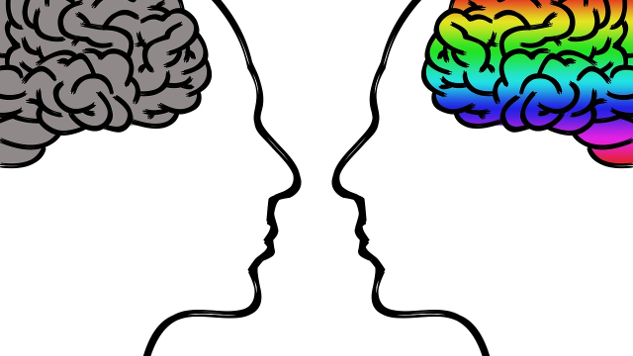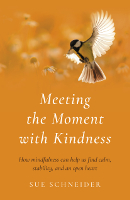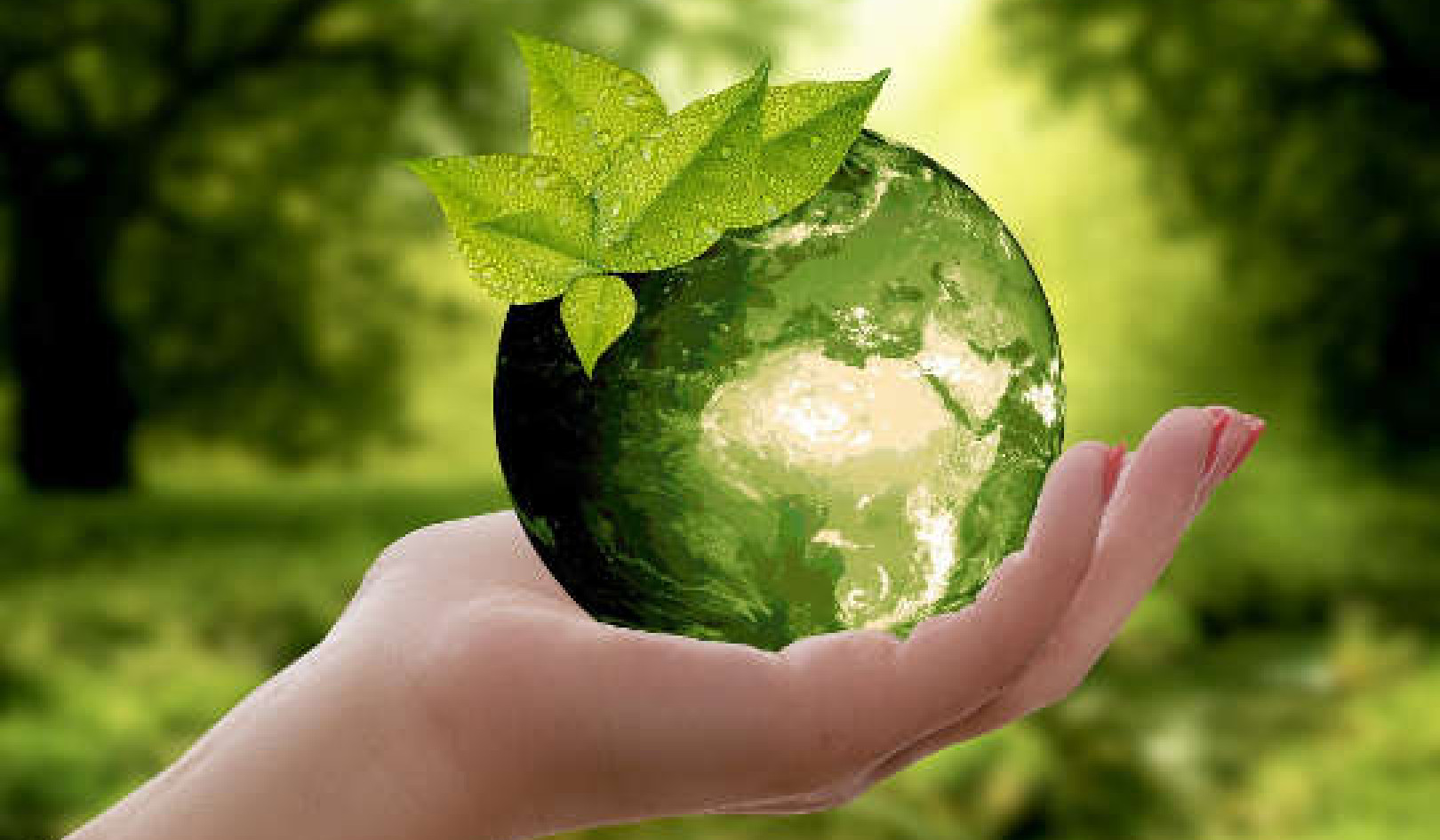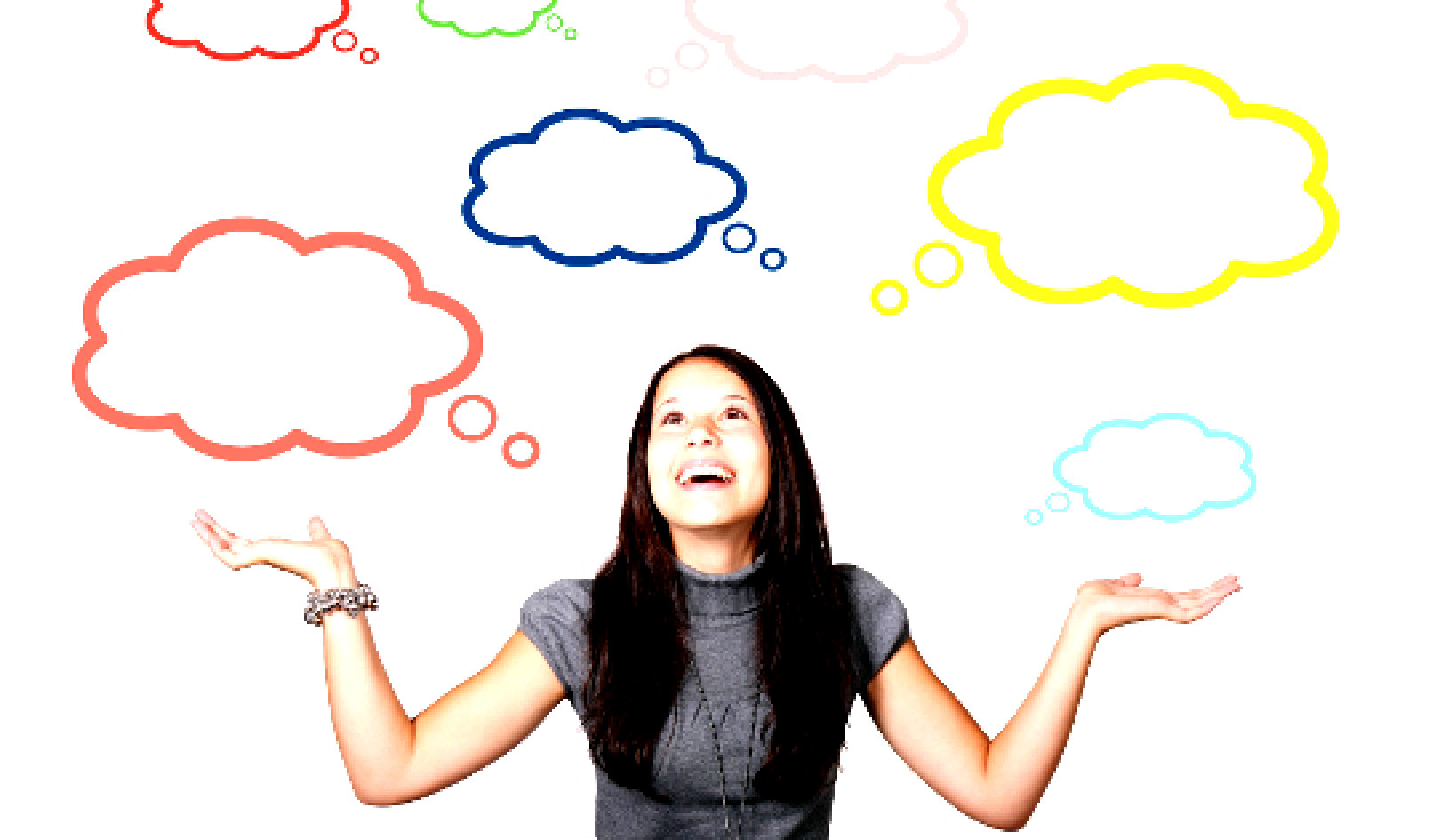
With the turbulent nature of the world these days, it’s easy to feel that we’re too small to make a difference. But as meditation teacher Jack Kornfield said, “If you think you’re too small to be effective, you’ve never been in a bedroom with a mosquito.”
We tend to underestimate ourselves. Our small sense of self may not recognize what we are capable of. We come to believe that we are the endless thoughts that circle through our minds. Mindfulness teaches us otherwise: that we can access a vast open awareness and release the confining story about who we are.
Derived from the ancient language of Pali, mindfulness is often translated as both “awareness” and “remembering.” Mindfulness is the kind, curious awareness that we can bring into each moment, which can help us remember who we are.
What Mindfulness Offers
The practice of mindfulness meditation offers us concrete techniques to help us develop awareness by quieting and stabilizing the mind. We learn to sit and notice the breath, body, and sensations and the arising of emotions with non-judgmental curiosity. Our practice helps us to open up space to see the cascade of thoughts and feelings that surface and dissolve moment by moment. In the process, we may become aware that those thoughts and emotions are not solid or permanent. They don’t define who we are but are instead part of the ever-changing nature of our reality.
Of course, the practice of sitting and noticing is not so easy. As soon as we hit the cushion, rather than noticing the arising of thoughts or sensations, our busy monkey minds tend to divert our attention. Our aches and pains, aversion to boredom, and general agitation can make mindfulness meditation feel like we are swimming upstream.
As the waves of life’s stressors wash through us, we may prefer to avoid and distract rather than uncovering and befriending what lies beneath the surface. Without intentional mindful awareness, it’s easy to let our unconscious habits drive our thoughts and actions. We might decide that tending to our inner life is just too hard or won’t reap any real benefits.
But even a practice of ten minutes a day can show us otherwise.
Relaxing Into the Discomfort
I learned early on that rather than fighting my busy mind, self-judgments, and impatience, I could relax into the moment-to-moment experience of the discomfort. I learned to be kinder, gentler, and more compassionate with myself when anxiety or self-judgement arose. Only when I stopped struggling internally and surrendered to the waves of discomfort could I touch into the calm that I was seeking. It was radical for me to learn that this was a choice.
Research on mindfulness has exploded in recent decades and it’s not difficult to find evidence of the benefits of a regular practice. Not only can mindfulness slow down our monkey mind but it can offer physiological and psychological benefits like reducing anxiety and depression, lowering blood pressure, and improving sleep.
Decades of research have also demonstrated that mindfulness increases levels of empathy and compassion for oneself and others and that how we treat ourselves is highly correlated with how we treat others. The implications are profound not just for our individual well-being but for the collective good.
Remaining Calm and Centered
As I describe in Meeting the Moment with Kindness, mindfulness is developed through our meditation practice and it is a set of attitudes and way of being that we carry into our everyday lives. We can bring mindful awareness to our relationships, our work, our hobbies, our parenting. We can have more direct contact with our lives on account of the present moment awareness that deepens through our practice. And when we operate from a place of calm, stability, and open heartedness, we inherently transmit those qualities into the world. As Vietnamese Monk Thich Nhat Hanh described:
“When the crowded refugee boats met with storms or pirates, if everyone panicked, all would be lost. But if even one person remained calm and centered, it was enough. They showed the way for everyone to survive.”
Our inner work, our mindfulness practice, is so critically important now because it helps us develop qualities like self-compassion and non-judgmental awareness that directly translate into wise action in the world. Sometimes that wise action is simply staying present, patient, curious, or trusting. Other times, wise action is challenging a system of inequality or leading from a compassionate heart. Conversely, our impulse toward “doing” without mindful awareness can lead us to act from places that are fearful, ungrounded, unstable, and inauthentic.
Mindfulness Matters
Mindfulness matters, as does the intentionality of our inner and outer work. I ran across an interesting perspective that the Founder of Wisdom 2.0, Soren Gordhamer, shared about balancing our inner and outer work. He asked Benedictine Monk Davd Steindl-Rast the question: Do we need to change the world or accept it as it is? Steindl-Rast’s response, paraphrased here, was that we need to balance two voices:
-
When we think it is our duty to change the world and there are endless problems, we need to tend to our inner life.
-
When we are only focused on ourselves, and not attending to the world around us, we need to tend to the external world.
Investing in our Inner Life
The investment we make in our inner life and the care we bring to the world around us are clearly interrelated. As Yongey Mingyur Rinpoche writes in his book, In Love With the World, “Until we transform ourselves, we are like mobs of angry people screaming for peace. In order to move the world, we must be able to stand still in it.”
My primary premise in Meeting the Moment with Kindness is that we can ALL learn to be wiser and kinder. The time-tested tools of mindfulness are available to help us on our path. Here are a few simple steps to get started:
-
Sit in silence for a few minutes and follow your breath. Notice what arises.
-
Put your hand on your heart and send yourself compassion. Notice how that feels.
-
Take a mindful walk and pay attention to your body. Notice the sensations.
-
Respond to a stressful moment by offering yourself care. Notice what happens.
Whatever comes up, try meeting that moment with kindness. And then notice. Breathe. And notice. What we practice becomes stronger. And what you choose to bring into this moment, and the next moment, matters far more than you think.
Copyright 2023. All Rights Reserved.
Printed with permission of Mantra Books
an imprint of the publisher, Collective Ink Books.
Book by this Author:
BOOK:Meeting the Moment with Kindness
Meeting the Moment with Kindness: How Mindfulness Can Help Us Find Calm, Stability, and an Open Heart
by Sue Schneider
 Many of us desire to slow down, quiet the mind and attain greater contact with our lives, but we get stuck in habits and behaviors that don't support our aspirations. This book can help us get unstuck. Meeting the Moment with Kindness offers a roadmap for cultivating seven aspects of mindfulness that can help us access our inherent wisdom, stability and compassion.
Many of us desire to slow down, quiet the mind and attain greater contact with our lives, but we get stuck in habits and behaviors that don't support our aspirations. This book can help us get unstuck. Meeting the Moment with Kindness offers a roadmap for cultivating seven aspects of mindfulness that can help us access our inherent wisdom, stability and compassion.
Through wisdom teachings, personal stories and evidence-based research, the author offers a pragmatic framework for developing mindfulness and befriending the inevitable obstacles on our path.
For more info and/or to order this book, click here. Also available as a Kindle edition.
About the Author
 Sue Schneider, Ph.D., is a medical anthropologist, author, integrative health coach, and certified mindfulness instructor. She has developed dozens of mindfulness programs and taught thousands of students over the last decade as faculty with Colorado State University Extension and Maryland University of Integrative Health.
Sue Schneider, Ph.D., is a medical anthropologist, author, integrative health coach, and certified mindfulness instructor. She has developed dozens of mindfulness programs and taught thousands of students over the last decade as faculty with Colorado State University Extension and Maryland University of Integrative Health.
Meeting the Moment with Kindness: How Mindfulness Can Help Us Find Calm, Stability, and an Open Heart is her second book. Visit www.meetingthemoment.org for more info.
























